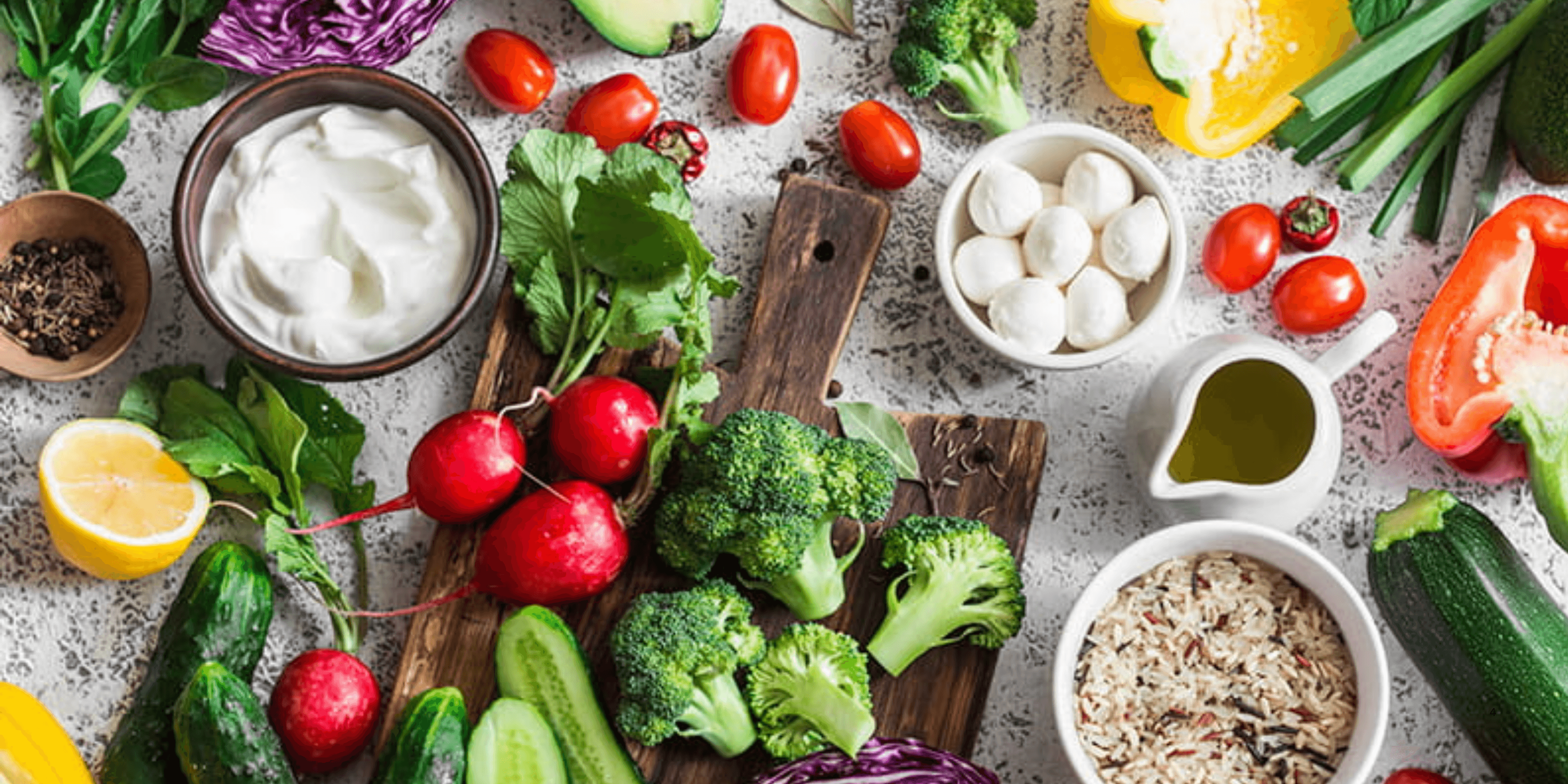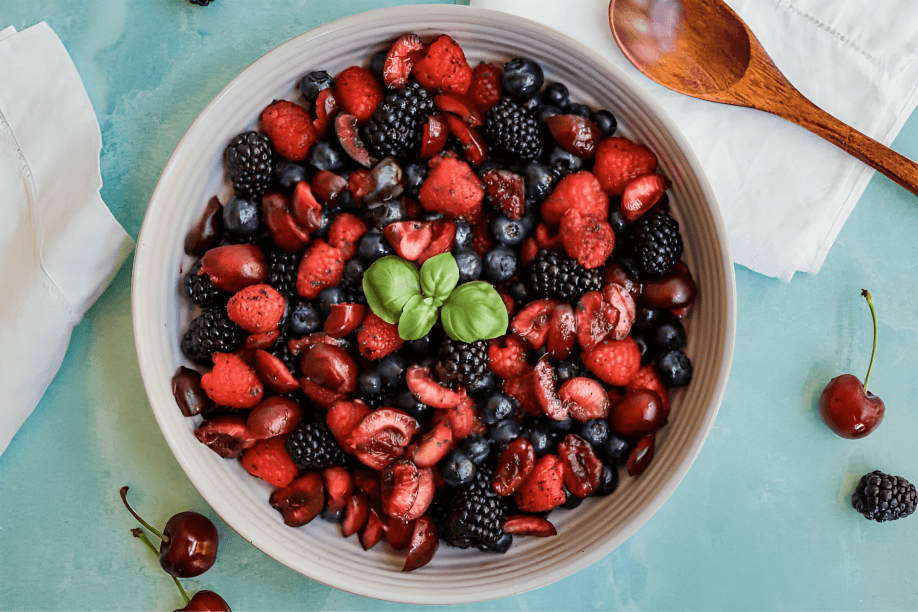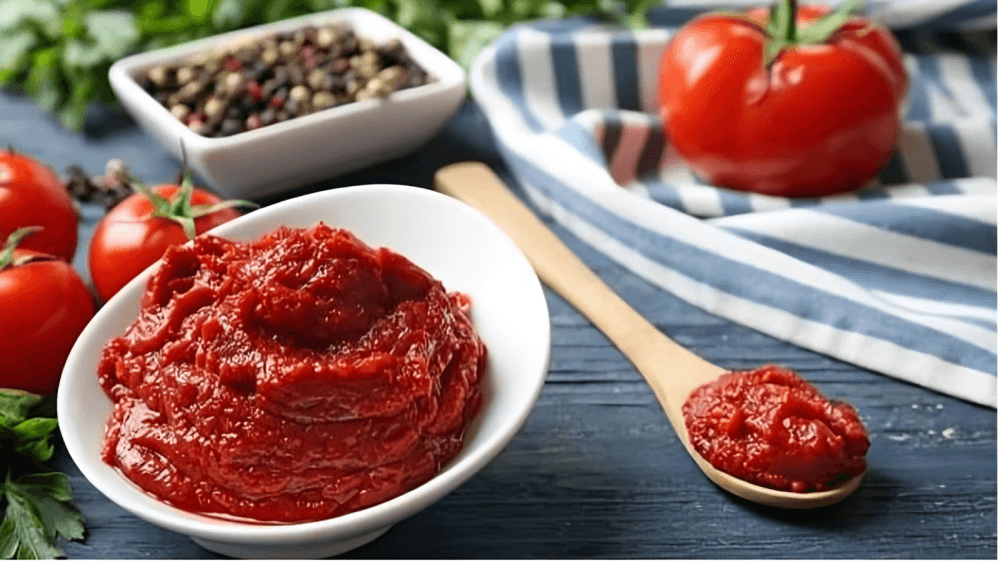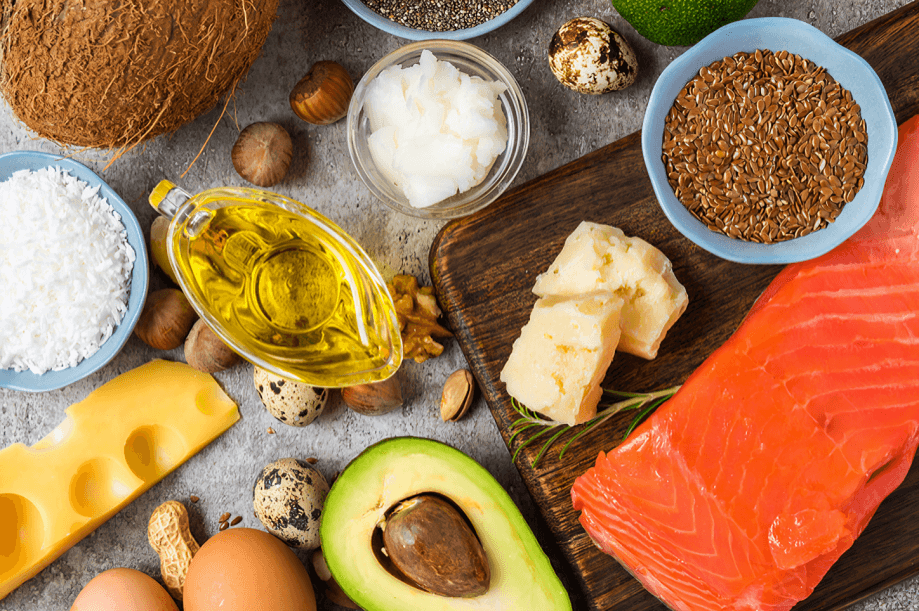
“
Artery‑Cleansing foods you should eat have the power to support cardiovascular health by reducing inflammation, lowering bad cholesterol, and improving circulation. Including these nutrient-rich options in your daily diet can help prevent buildup in arteries and contribute to long-term heart function. 1
1
”
Dr. Joel Kahn, a plant-based cardiologist, says a diet rich in fruits, vegetables, legumes, nuts, seeds, and minimal oils supports artery repair and reduces harmful LDL oxidation.1
Spinach and kale, rich in nitrates and vitamin K1, improve endothelial function, reduce arterial stiffness, and support healthy blood clotting. 2

Berries—especially blueberries, strawberries, and raspberries—contain high levels of anthocyanins and fiber that together lower bad cholesterol, reduce oxidative stress, and calm inflammatory processes in vessel walls.
Fatty fish like salmon, sardines, and mackerel provide abundant omega‑3 fatty acids (EPA and DHA), which reduce triglycerides, prevent pathological clot formation, and improve arterial flexibility. 3
Nuts and seeds—including walnuts, chia, flax, and almonds—offer plant‑based omega‑3s, phytosterols, and antioxidants that lower inflammation and reduce harmful cholesterol accumulation in arteries. 4
Avocados contain monounsaturated fats and plant sterols that support healthy lipid metabolism, promote endothelial repair, and reduce bad cholesterol without lowering good HDL. 5
Extra‑virgin olive oil is abundant in oleic acid and polyphenols, which prevent LDL oxidation, support smooth blood flow, and reduce inflammatory signaling in the arterial lining. 6
Garlic and onions deliver sulfur-containing compounds that relax the smooth muscle in arteries, reduce oxidative stress, improve circulation, and modestly lower cholesterol and blood pressure. 7

Tomatoes and tomato-based products like sauce and paste provide concentrated lycopene, an antioxidant linked to reducing arterial plaque formation and protecting vascular cells from oxidative injury.
Dr. Caldwell Esselstyn’s research reveals that eliminating added oils and emphasizing leafy greens, beans, and whole grains can halt or even reverse early atherosclerotic plaque buildup in coronary arteries. 8
Cruciferous vegetables—such as broccoli, Brussels sprouts, cabbage—supply sulforaphane and vitamin K, which help inhibit vascular calcification and prevent arterial stiffening over time. 9
Citrus fruits like oranges and grapefruits contribute vitamin C, soluble fiber, and flavonoids that help reduce LDL cholesterol, prevent its oxidation, and strengthen endothelial integrity. 10
Pomegranate and its juice are loaded with polyphenols and nitrates that increase nitric oxide bioavailability, improve blood flow, and reduce arterial plaque via antioxidant protection. 11
Dark chocolate (at least 70% cacao) offers flavonoids such as epicatechin that enhance nitric oxide production, aid vasodilation, and reduce arterial stiffness when consumed modestly. 12
Green tea contains catechins—particularly EGCG—that inhibit LDL oxidation, improve endothelial function, and reduce inflammation, contributing to healthier, more flexible arteries. 13
Turmeric’s active compound, curcumin, exhibits powerful anti‑inflammatory and antioxidant properties that reduce arterial fatty deposits and support vascular repair in both animal and human studies. 14

Canned foods such as beans, fish, tomatoes, spinach, artichokes, and beets—when low in salt—offer long-lasting, shelf‑stable nutrients like fiber, nitrates, and omega‑3s for arterial health.
Substituting animal products with plant-based meals from legumes, nuts, seeds, whole grains, fruits, and vegetables lowers coronary atherosclerosis risk by 15–21% through lipid and inflammatory improvements. 15
Mediterranean and DASH diet patterns, emphasizing fresh produce, whole grains, fish, nuts, and olive oil, consistently rank among top dietary strategies for reducing arterial plaque. 16
Daily intake of vitamin K1‑rich greens like spinach, kale, and collards supports arterial health by preventing pathological calcification and maintaining smooth, elastic vessel walls. 17


